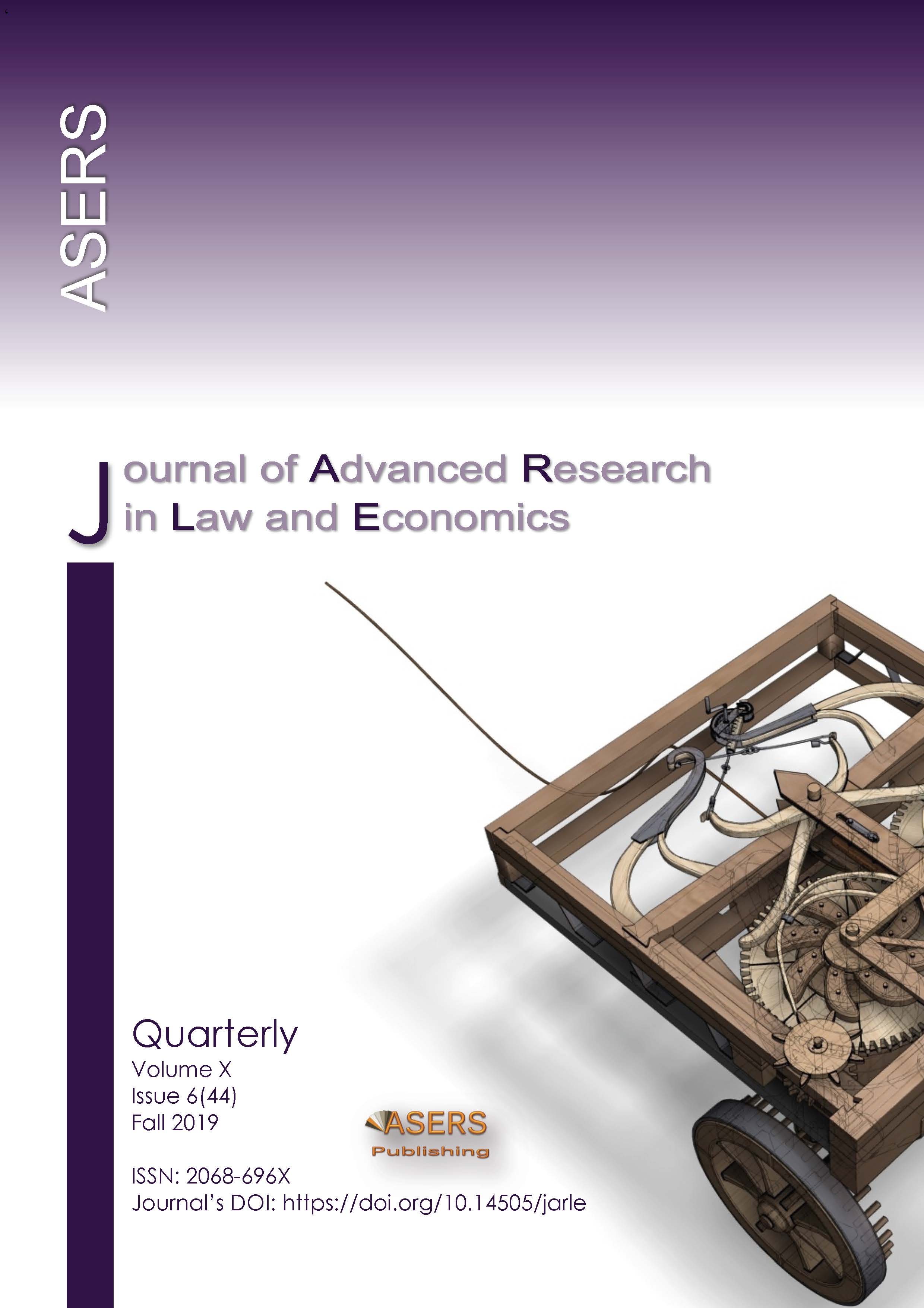European Union Enlargement in 2004: System Analysis of the Benefits and Losses
European Union Enlargement in 2004: System Analysis of the Benefits and Losses
Author(s): Vitaliy N. ZAVADSKYI, Olena Aleksandrova, Natalia Vinnikova, Olha VYHOVSKA, Iryna N. SPUDKASubject(s): EU-Approach / EU-Accession / EU-Development, EU-Legislation
Published by: ASERS Publishing
Keywords: enlargement; European Union; analysis; synergy; influence; model;
Summary/Abstract: ‘The Eastern enlargement’ of the European Union (EU) in 2004 that having become the global geopolitical event for the whole united Europe is considered in this article through philosophical understanding of the essence of the EU with use of the synergistic approach. The authors propose the analysis of achievements and losses of enlargement of 2004 in the view of three levels of knowledge of key elements of European integration. The level of philosophical understanding is based on the synergetic approach to the research object. The geopolitical dimension actualized research on the understanding of the European Union as a world-system, which has a high level of self-organization. The political, economic, and social components form the third cluster, depending on the first two. Changes at this level are most noticeable, predominately they create a superficial image of the event. For the applicant countries, the experience of the countries of Central and Eastern Europe and the Baltic could be useful in many ways. Analyzing the positive experience and taking into account the negative tendencies of European integration progress in historical, political and economic terms serves as an additional tool for adjusting the policy of approximation to the requirements of the EU.
Journal: Journal of Advanced Research in Law and Economics (JARLE)
- Issue Year: X/2019
- Issue No: 44
- Page Range: 1714-1722
- Page Count: 9
- Language: English
- Content File-PDF

